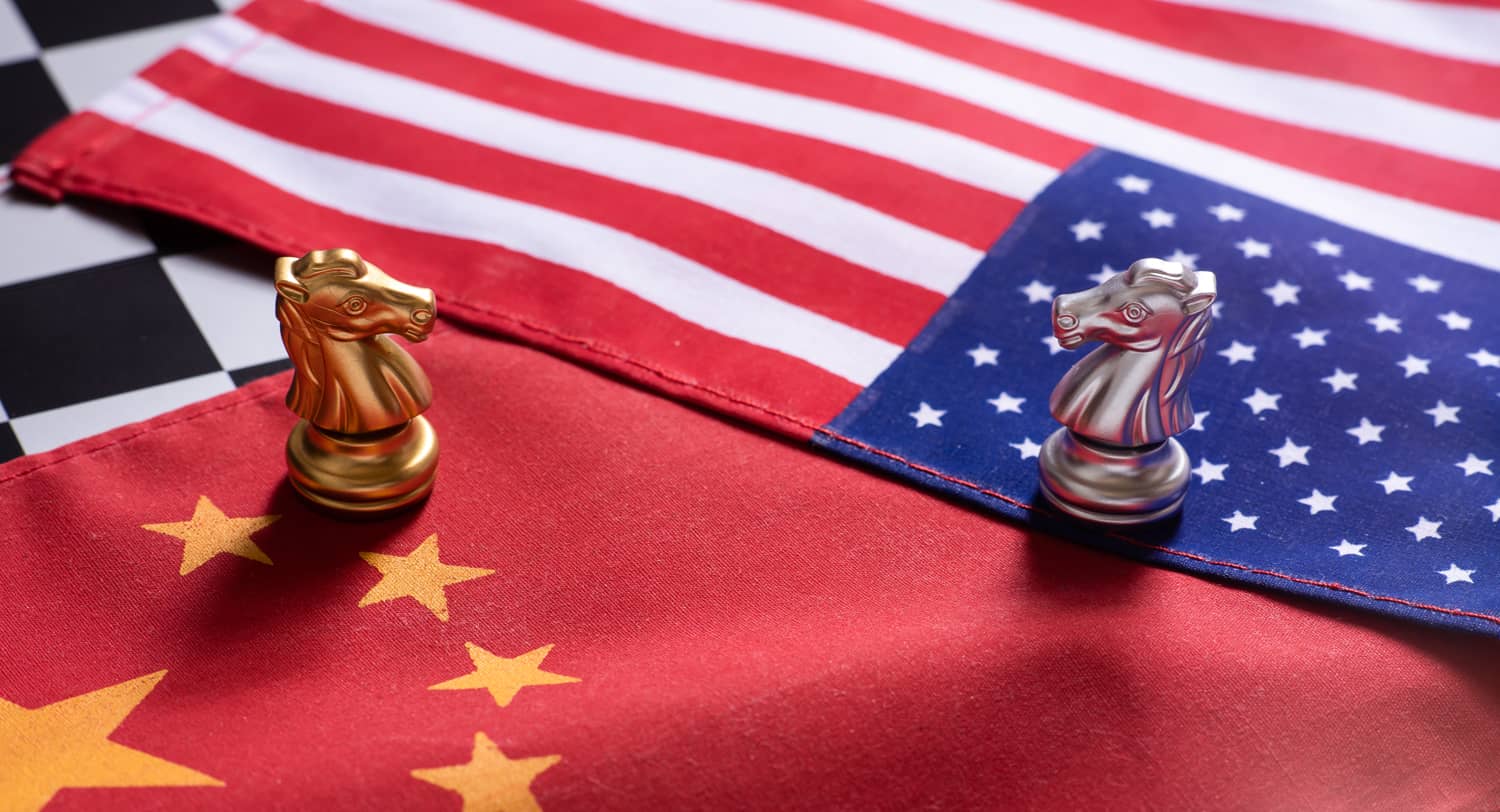In the current cold war, the US and its allies in the Free World bloc are in a sharp contest with the authoritarian, revisionist, and expansionist bloc of China, Russia, Iran, and North Korea. The stakes could not be higher. If the Free World loses this contest, the freedom, security, and prosperity of Americans and its allies will be severely affected.
An important field of contest between the Free World and the authoritarian bloc is the geopolitical direction of a third bloc of countries, variously known as the Global South or the New Non-Aligned Movement. These are all developing countries that claim not to take sides between the two adversarial blocs. Some want to trade with both sides. Others are dictatorships that receive military and domestic security assistance from the authoritarian bloc.
Will the Global South choose a freedom-based model of development or an authoritarian one?
The US has national interests at stake. The US benefits from trade with these countries, with markets consisting of billions of citizens, and the US wants access to their natural resources, especially strategic minerals. Then there are diplomatic considerations since the over 100 countries in the Global South can affect votes at the United Nations. Finally, national security reasons are at play since many of these countries have strategic geographic positions. It would not be desirable, for example, to see Chinese naval bases on Africa’s west coast.
The United States must propose a positive, freedom-based development model for the Global South and a plan to promote it actively and with a sense of urgency, since many of these countries are drifting into the orbit of the Chinese Communist Party.
The US message to Global South countries should be that they can accelerate their development through freedom-promoting economic, legal, and political reforms. Such policies create an enabling environment that attracts foreign direct investment and know-how transfers from the private sector of the Free World and, just as importantly, empowers these countries’ entrepreneurs and innovators. Aid from governments and multilateral development banks have an important role to play. But the private sectors of Free World economies possess resources that dwarf those from governmental sources.
These essential reforms include laws and regulations advancing freedom of trade and investment; policies punishing corruption in government, courts and business; and measures to increase the political legitimacy of their governments, because economic and legal freedoms can only survive if there is political stability.
China’s President Xi famously said that countries don’t need to westernize (choose freedom) to modernize. But the authoritarian development models offer only false promises because their track records are routinely inferior to those of free societies. In the 1960s, China, Taiwan, and South Korea were all poor and run by authoritarian governments. But Taiwan and South Korea have since become vibrant democracies and dynamic economies. According to the data-gathering platform Statista, Taiwan’s and South Korea’s Gross Domestic Product (GDP) per capita in 2023 was $32,444 and $33,192, respectively. For Communist China, it was only $17,662.
Russia, Estonia, Lithuania, and Latvia tell a similar story. They all lacked freedom while they were part of the Communist Soviet Union and had comparable levels of development. Since 1991, the Baltics have earned very high scores for freedom and also made impressive strides economically. Their 2023 GDP per capita were $29,038, $27,026, and $23,053, respectively. Russia remains a brutal dictatorship and kleptocracy and its GDP per capita only reached $13,648.
Promoting a freedom-based development model for the Global South is a project in which the US must partner with friends and allies. Investors from the United States and allied democracies including the EU countries, Japan, Australia, South Korea, and Canada can pursue joint business projects in the Global South. Their governments can help by offering improved commercial diplomacy and business intelligence.
The United States and the Free World in general need to be confident in promoting a freedom-based development model – it is after all what created their unprecedented and admirable prosperity. This project is not purely altruistic. If the Global South drifts further into the arms of Communist China, it would create a geostrategic problem for the Free World.

